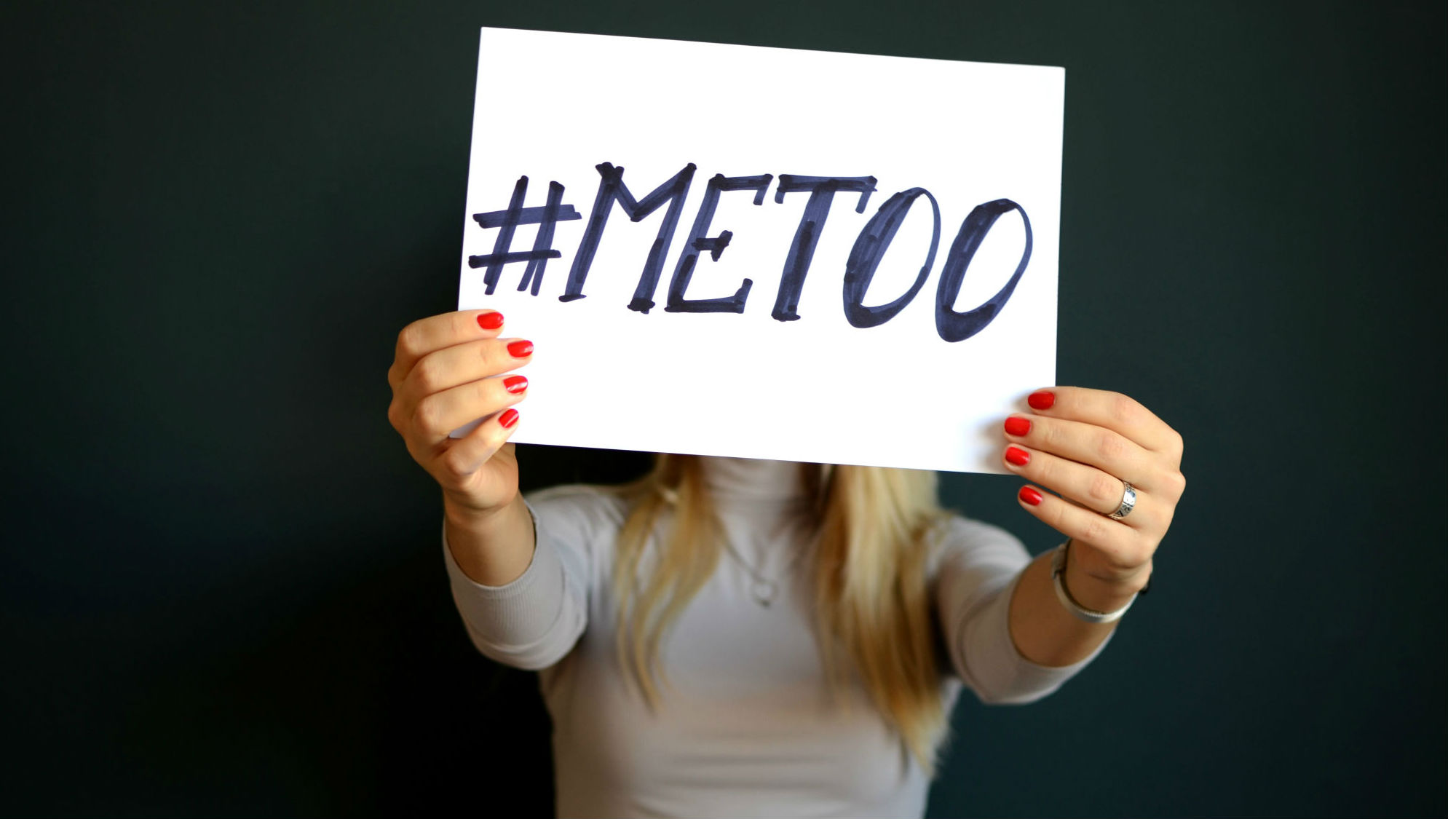Employers aren't legally required to prevent 'alarmingly high' sexual harassment cases at work
The #MeToo movement has helped the conversation, but not influenced the law

Celebrity news, beauty, fashion advice, and fascinating features, delivered straight to your inbox!
You are now subscribed
Your newsletter sign-up was successful
The #MeToo movement has helped the conversation, but not influenced the law
There's no doubt the #MeToo movement has allowed more women to talk openly about the issue of sexual harassment, but a new report has found that cases at work remain 'alarmingly high'.
Basically, we are open to talking about the issue of sexual misconduct - but talking isn't creating change, and the #MeToo movement has not impacted the number of individual harassment cases.
Research conducted by the Trades Union Congress (TUC) found that more than half of women – and nearly two-thirds of women aged 18 to 24 – have experienced sexual harassment at work, a figure described as ‘alarmingly high’.
The TUC is calling on the government to change the law, so that employers have to actively prevent harassment in the workplace. It said there is currently no legal requirement for them to do so.

The report marks the start of the union group’s annual HeartUnions week, which according to the TUC’s website is a 'week of activity throughout England and Wales that highlights the good work that unions do every day to offer everyone a voice at work'. This year’s theme centred on ending the problem.
TUC's general secretary Frances O’Grady has said, ‘The #MeToo movement has helped people speak more openly about sexual harassment. But talking about the problem isn’t going to fix it. The government must stop dragging its feet and change the law.'
Celebrity news, beauty, fashion advice, and fascinating features, delivered straight to your inbox!
She went on to say, ‘Employers, not victims, should be responsible for tackling harassment at work. Ministers must take action now’.
'We’re calling on everyone who wants to stop sexual harassment to join us this HeartUnions week, and demand ministers take action now,' she added.
We have seen how the law so rarely delivers justice for survivors of rape and sexual violence, and how it more typically ignores, excludes or harms them. With this in mind, we need the government to change the law as soon as possible
Olivia – who rebranded as Liv a few years ago – is a freelance digital writer at Marie Claire UK. She recently swapped guaranteed sunshine and a tax-free salary in Dubai for London’s constant cloud and overpriced public transport. During her time in the Middle East, Olivia worked for international titles including Cosmopolitan, HELLO! and Grazia. She transitioned from celebrity weekly magazine new! in London, where she worked as the publication’s Fitness & Food editor. Unsurprisingly, she likes fitness and food, and also enjoys hoarding beauty products and recycling.